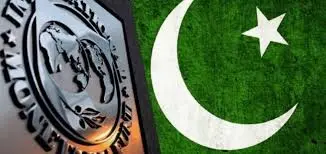A Gaza-bound humanitarian boat carrying climate activist Greta Thunberg and 11 other human rights advocates was intercepted by Israeli naval forces and escorted to the port of Ashdod, raising serious questions about Israel’s conduct under international law and its treatment of civilian aid missions.
The vessel, organized by the Freedom Flotilla Coalition, was aiming to peacefully protest the Israeli military campaign in Gaza and deliver desperately needed supplies including baby formula, food, and medical equipment. The group claims the ship was unlawfully seized in international waters, approximately 200 km from Gaza — a move widely condemned by legal experts and rights organizations as a breach of maritime and humanitarian law.
Israel’s Foreign Ministry downplayed the incident, calling it a “PR stunt,” and insisted the cargo onboard was minimal. “This isn’t humanitarian aid; it’s Instagram activism,” said government spokesperson David Mencer. But critics argue that even symbolic missions draw attention to the dire humanitarian crisis in Gaza — where famine looms, and nearly 90% of the population is displaced and dependent on foreign aid.
The activists are currently held at a detention center in Ramle and are expected to be deported. Human rights group Adalah condemned the detentions, stating that “the arrest of unarmed civilians providing humanitarian aid amounts to a serious violation of international law.”
French President Emmanuel Macron has called for the immediate release of French nationals on board and reiterated calls for a ceasefire, calling the ongoing blockade and war in Gaza “a disgrace.”
The boat, Madleen, had also rescued four migrants stranded at sea during its journey, reinforcing the mission’s humanitarian nature.
Since October 2023, following the deadly Hamas-led attacks, Israel has enforced a tighter blockade on Gaza. Although some aid has resumed under international pressure, most of the territory remains critically under-supplied. More than 54,000 Palestinians have reportedly been killed, most of them women and children, according to Gaza’s health ministry.
While Israel insists the blockade is essential to prevent arms smuggling, critics say it amounts to collective punishment of over 2 million Palestinians.
This latest seizure is not just a confrontation at sea — it reflects a broader moral struggle over the limits of military power, the role of international law, and the shrinking space for peaceful civil resistance in one of the world’s most volatile regions.














